Kimper Elementary School, one of our many affiliated projects in Pike County, Kentucky, is proud of its reputation of academic excellence. With an attendance rate of 96 percent, this school has had a positive impact on the children and families of this struggling Appalachian community for decades. The school itself is very small, with an enrollment of about 175 students from kindergarten to the eighth grade. Our sponsorship program is making a difference there, as we help to ensure that the children receive the clothes, shoes, school supplies, and hygiene items they need on a regular basis.
So little time left for family
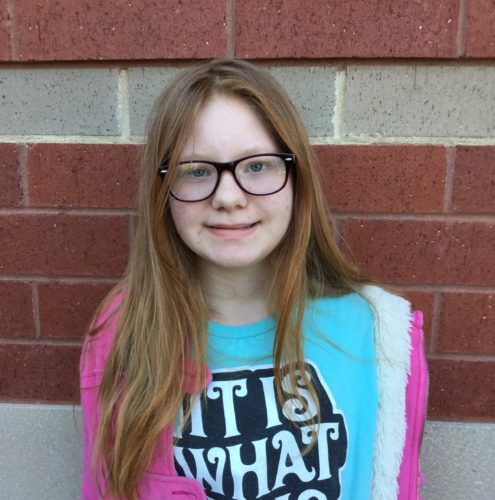
Kimper Elementary School students’ parents often work long hours away from home.
Recently, on her way to visit with our Volunteer Coordinator at Kimper Elementary School, Vivian, our U.S. Projects Specialist, Shelley Oxenham, drove by a fairly large Kellogg Company factory, where well-known breakfast cereals and other convenience foods such as Corn Flakes are produced; she also passed a McCoy Elkhorn Coal Operation mine. Shelley was surprised that both seemed to be in full operation, and she was pleased to see industry in such a remote part of the county, where there would usually just be closed factories and mines.
When she arrived at the school, Shelley asked Vivian about employment options in the area. Vivian told Shelley that the McCoy Elkhorn Coal Operation mine used to be one of the better companies to work for – offering great pay, good benefits, bonuses, and pensions. Today, however, the mine operates on only a very small skeleton crew.
The Kellogg Company factory, on the other hand, employs a large number of people in Pike County – many of whom are parents of our sponsored and unsponsored children. Their shifts are long, though; employees work twelve-hour shifts either from 7:00 a.m. to 7:00 p.m., or overnight from 7:00 p.m. to 7:00 a.m. This leaves staff with little time to be available for their kids. The long shifts are especially difficult for single parents.
The effects of working long hours
Thankfully, these children have the Family Resource and Youth Services Center (FRYSC), Vivian, and the support of their sponsors.
Even with better-paying jobs, parents who work long shifts still have plenty to worry about when it comes to providing for their kids. If they aren’t home in the evenings, they aren’t able to help their kids with homework, or prepare nutritious meals for them. Parents that work into late afternoon can’t take their kids to and from after-school activities, either; their kids may therefore miss out on sports and other school functions.
Kellogg Company employees may not have a chance to ensure that their kids are ready for school and properly dressed, with their book bags packed for the day. They may also miss important evening meetings at school. Thankfully, however, these children have the Family Resource and Youth Services Center (FRYSC), Vivian, and the support of their sponsors. Although their parents may not have as much time to dedicate to them as they would like, these kids are still being looked after and cared for each and every day.
***
HOW DO I SPONSOR A CHILD IN KENTUCKY?
You can sponsor a child in Kentucky in one of two ways: call our office at 1-800-538-5381 and speak with one of our staff members, or email us at sponsorship@children-inc.org.


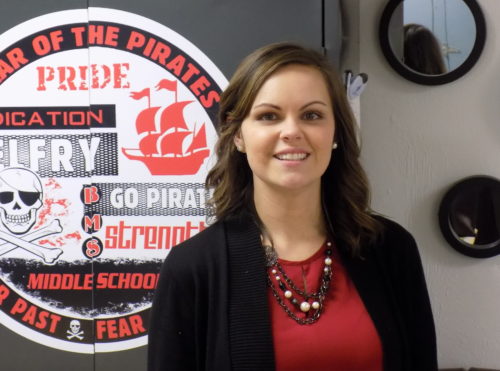
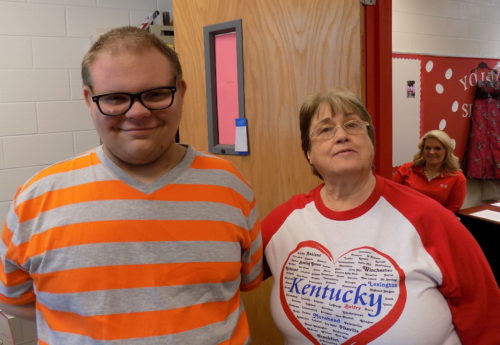
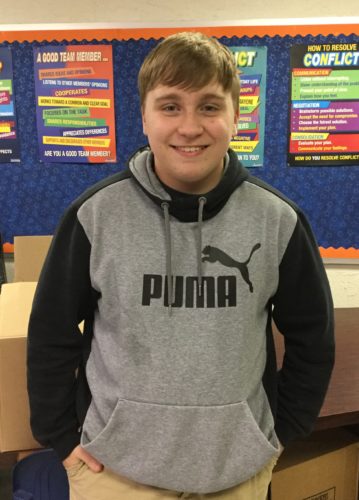
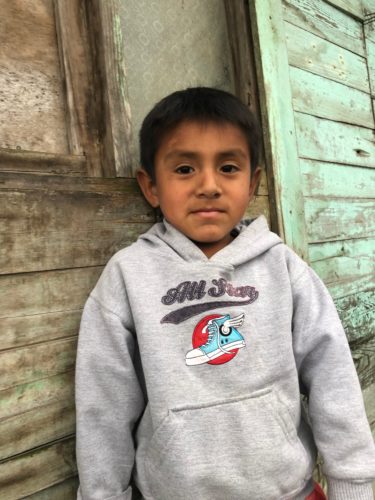 Facts about poverty in Peru
Facts about poverty in Peru